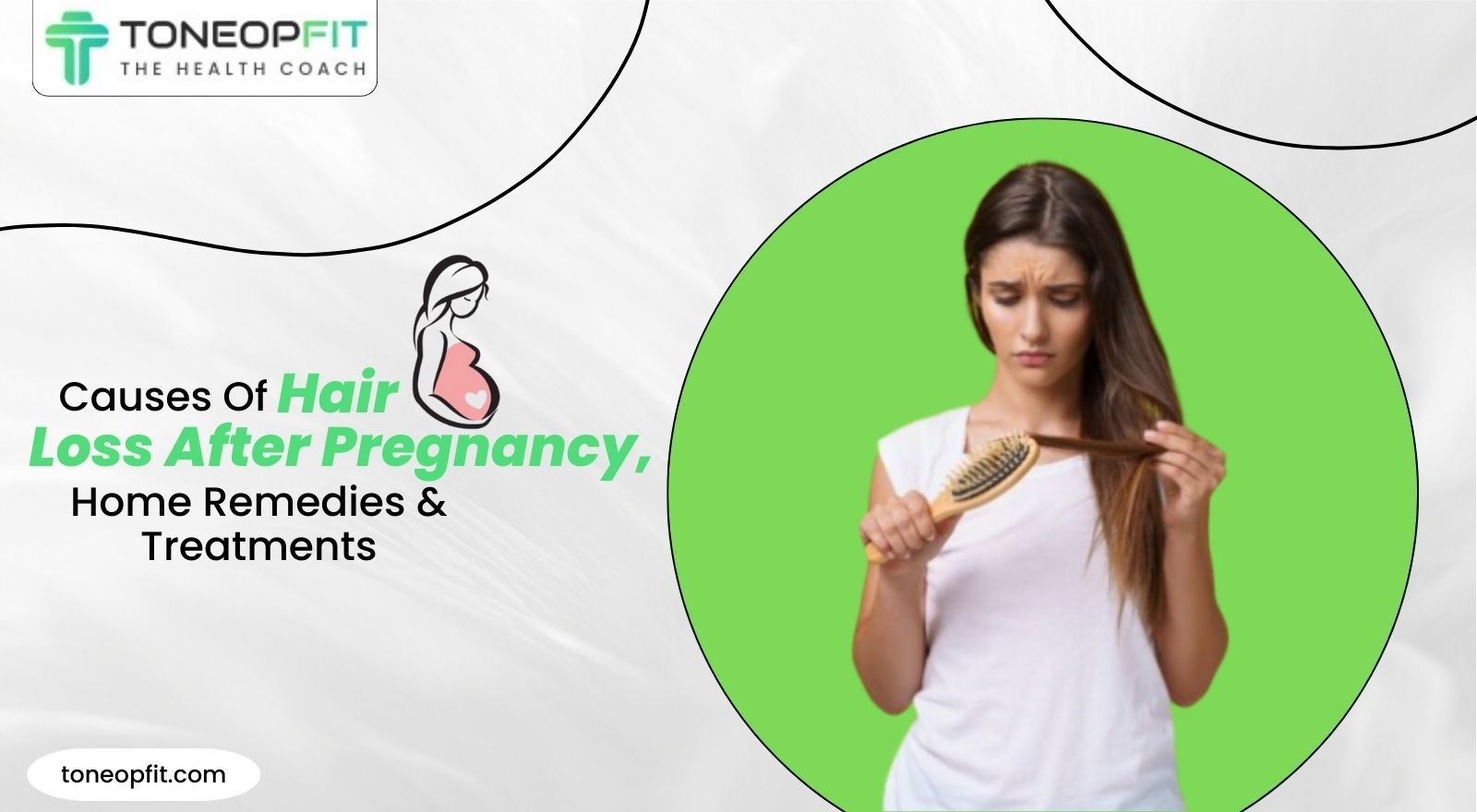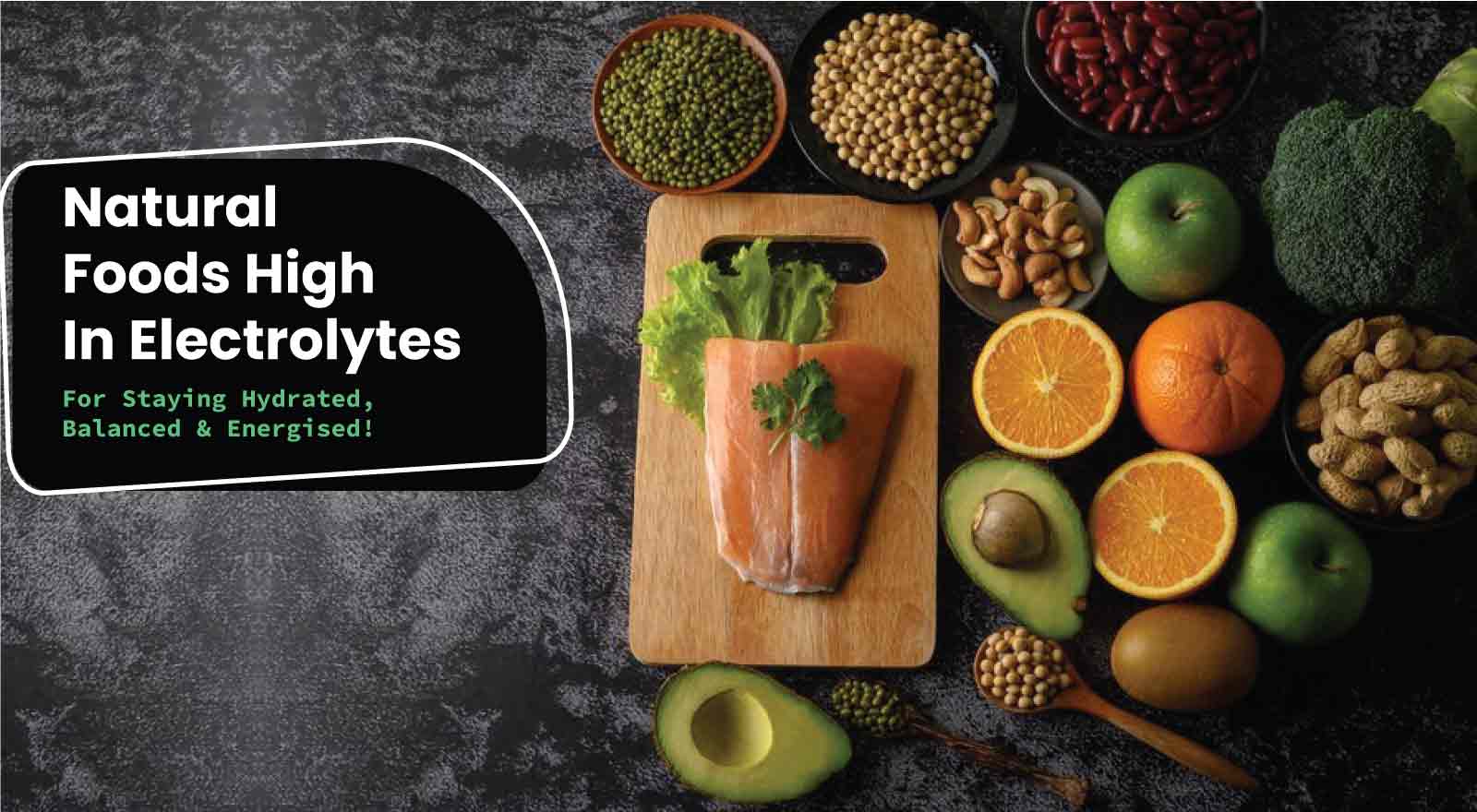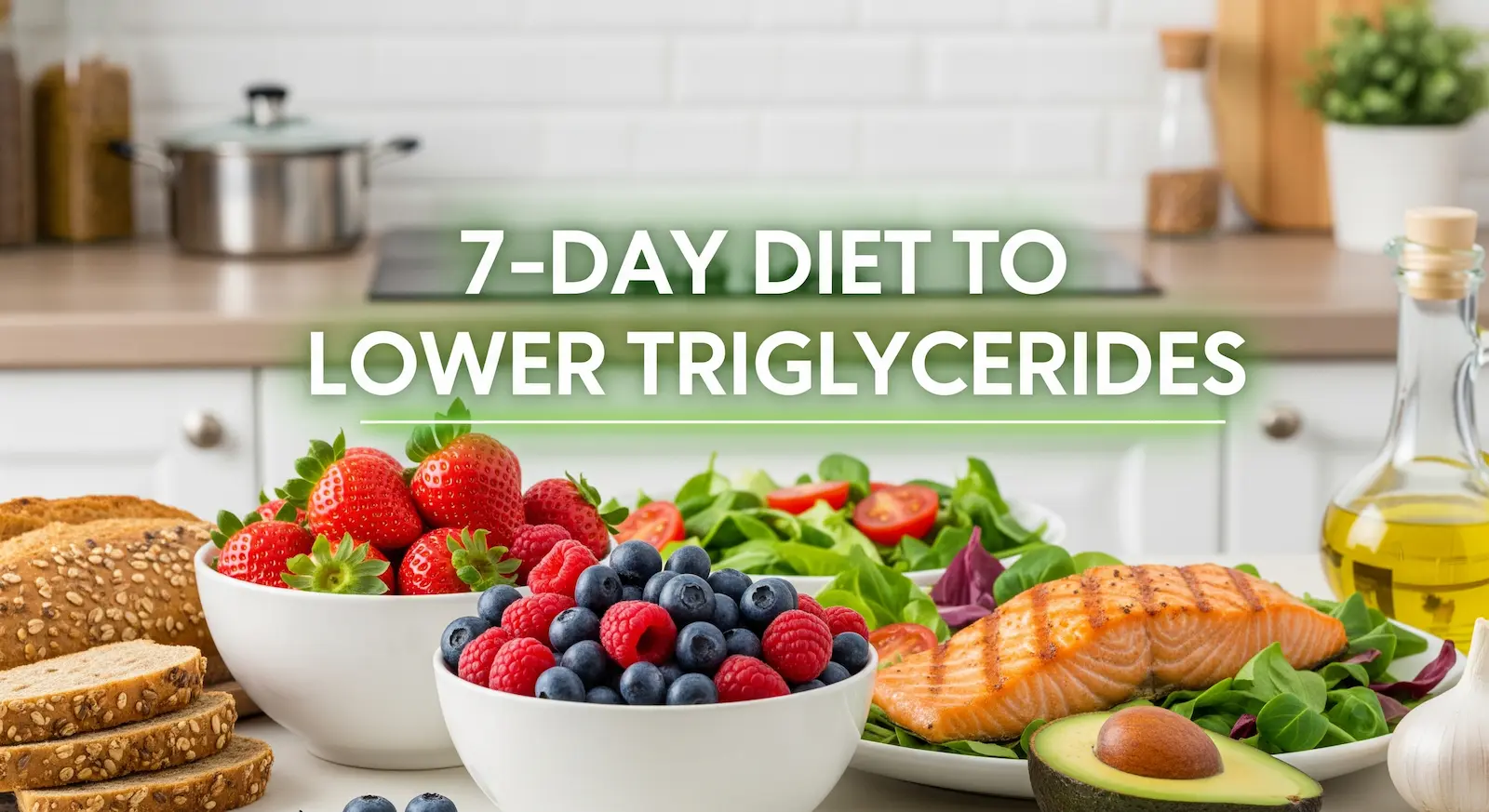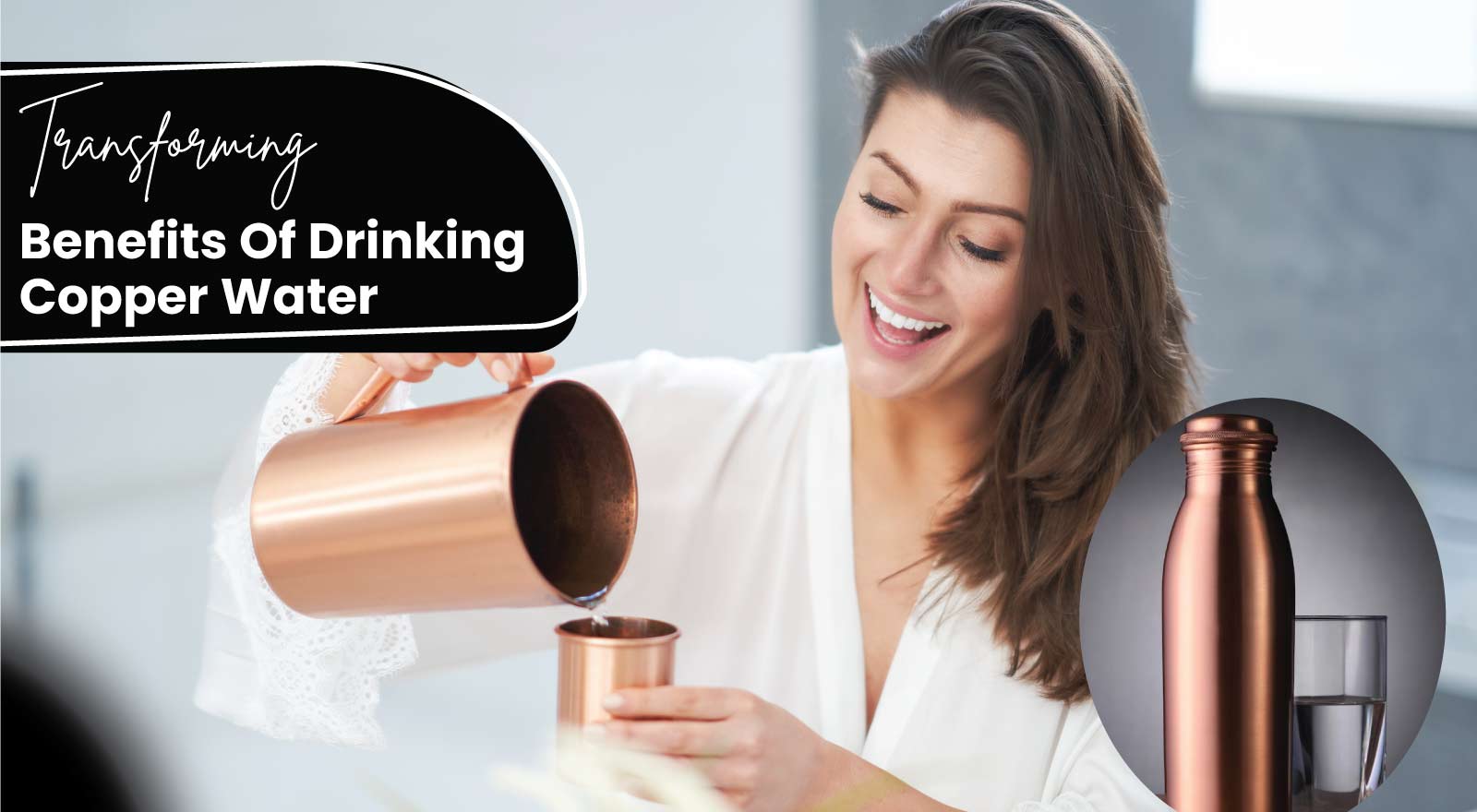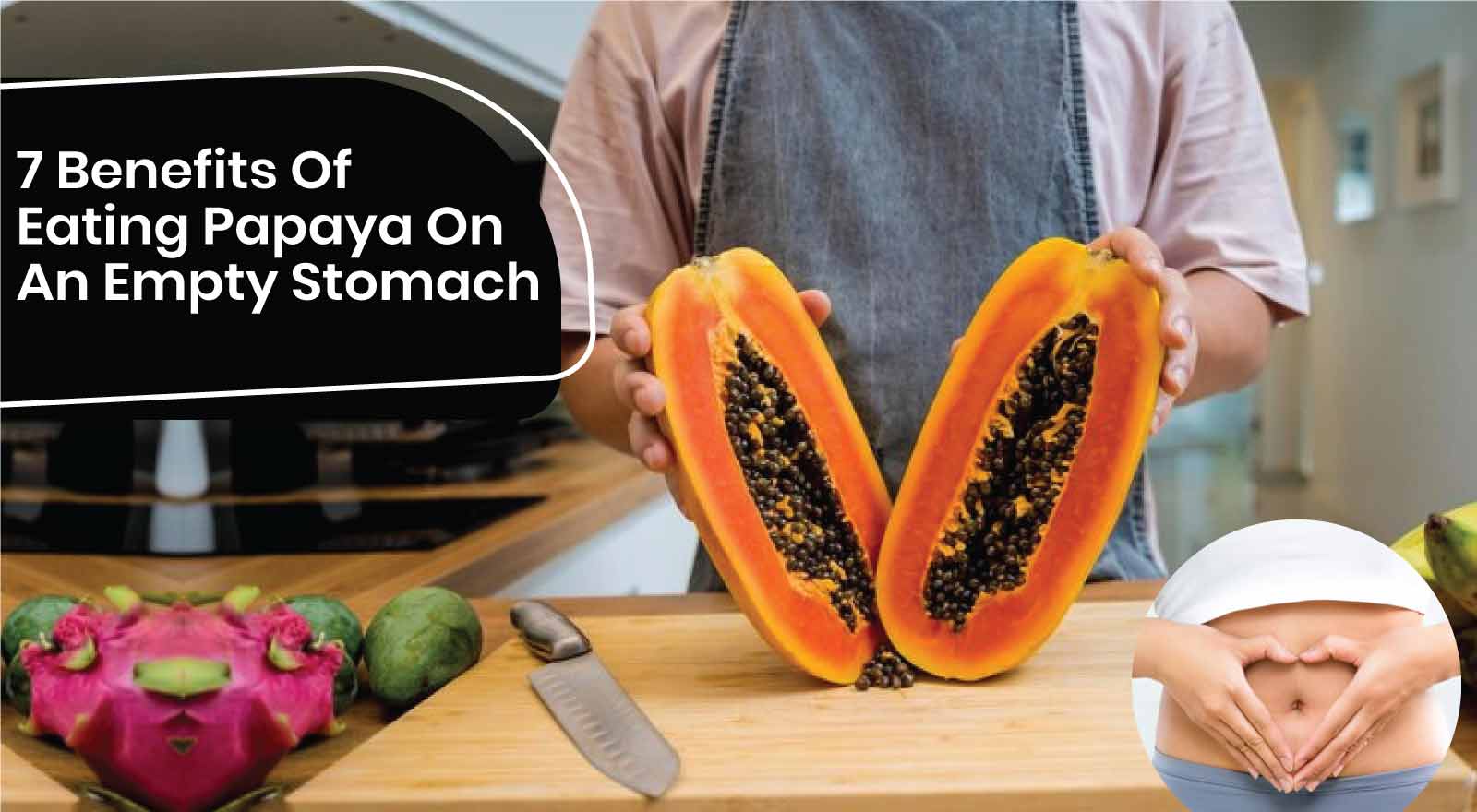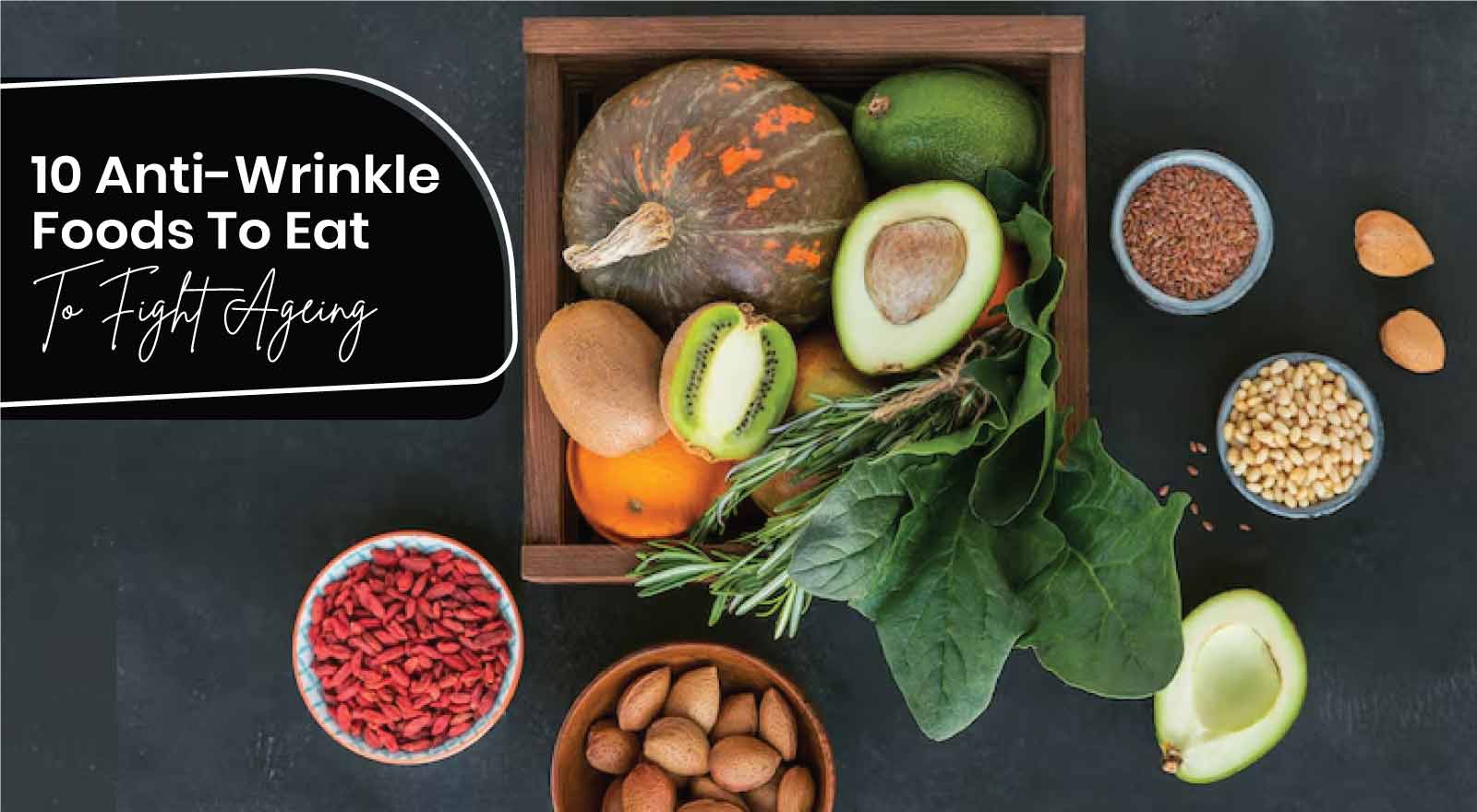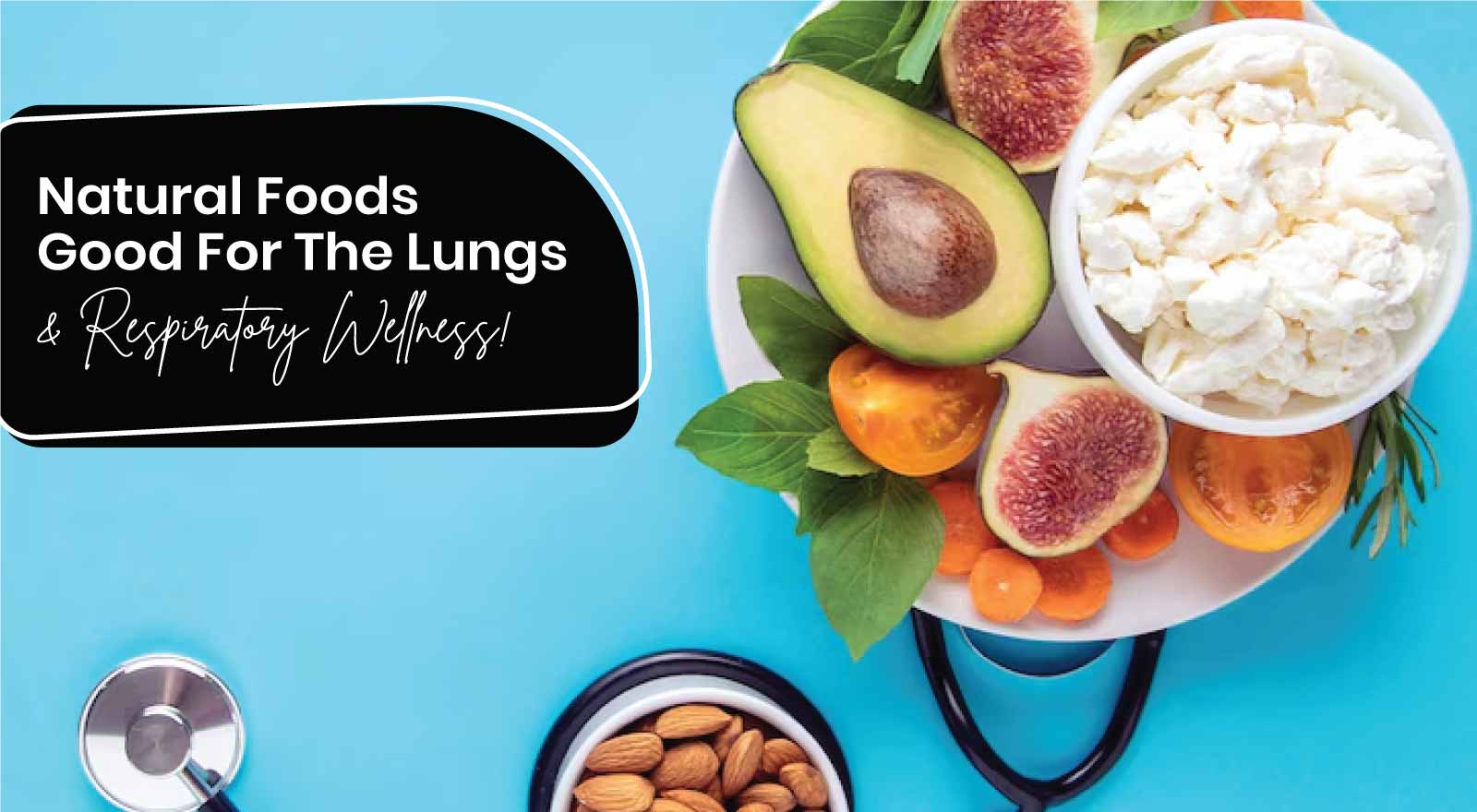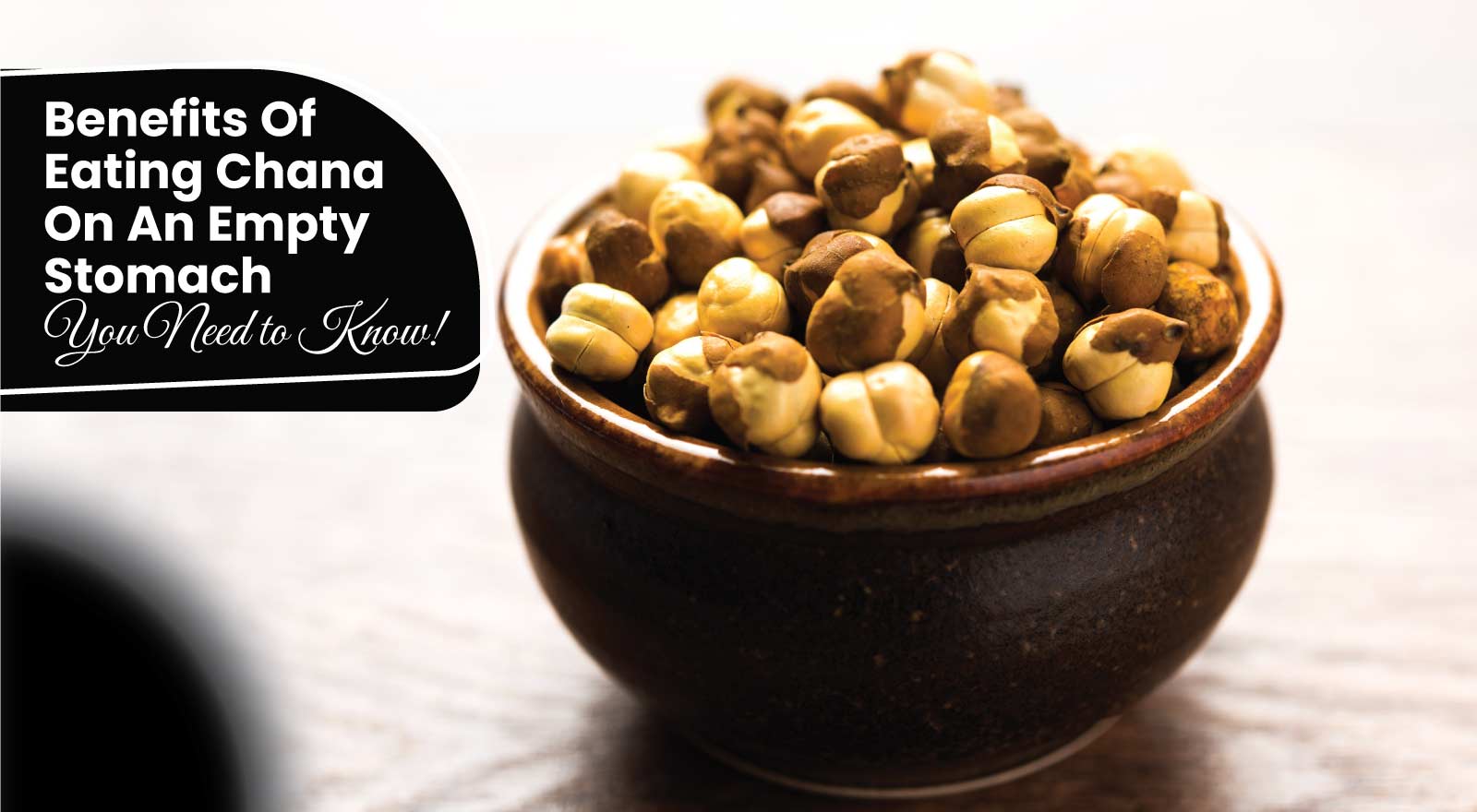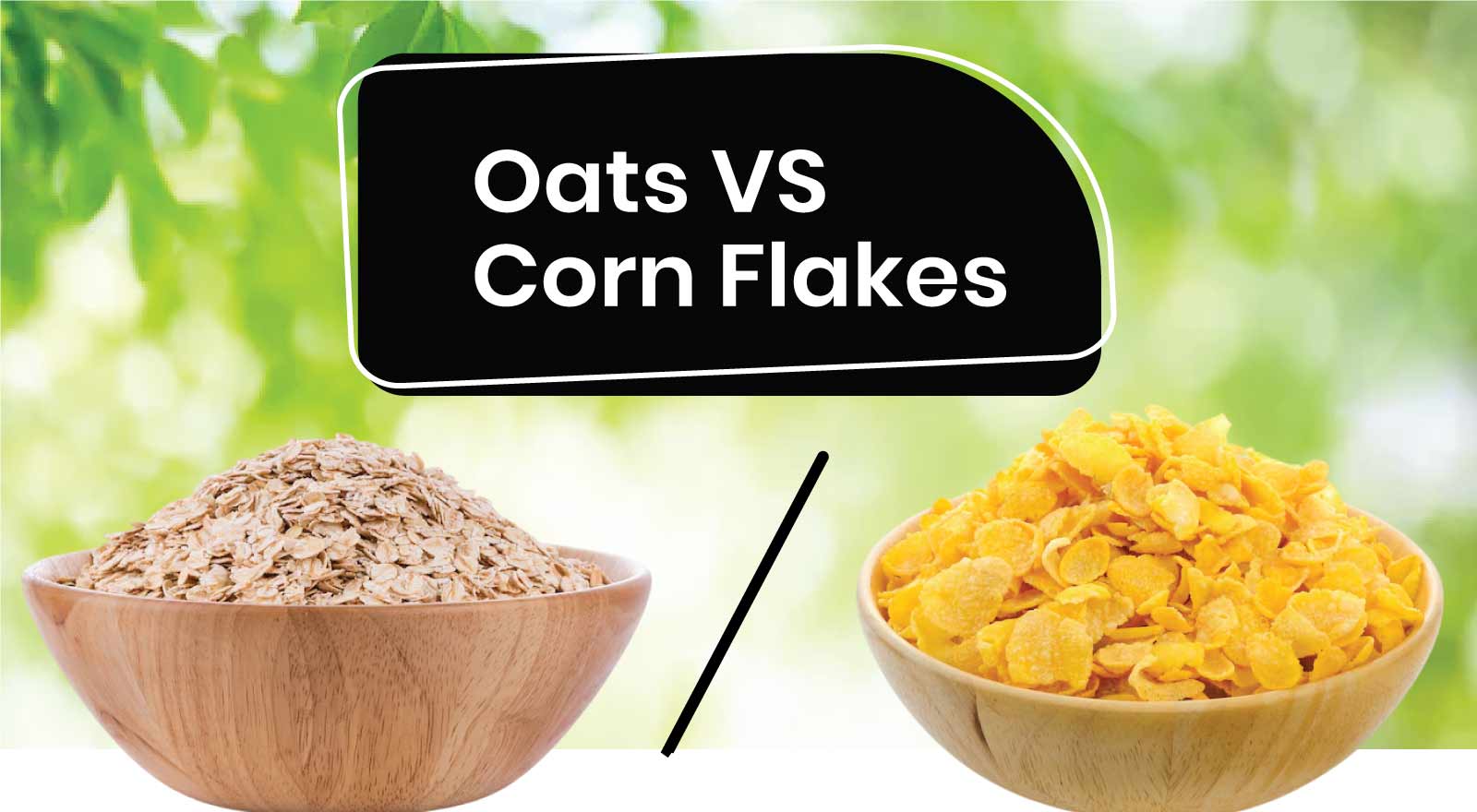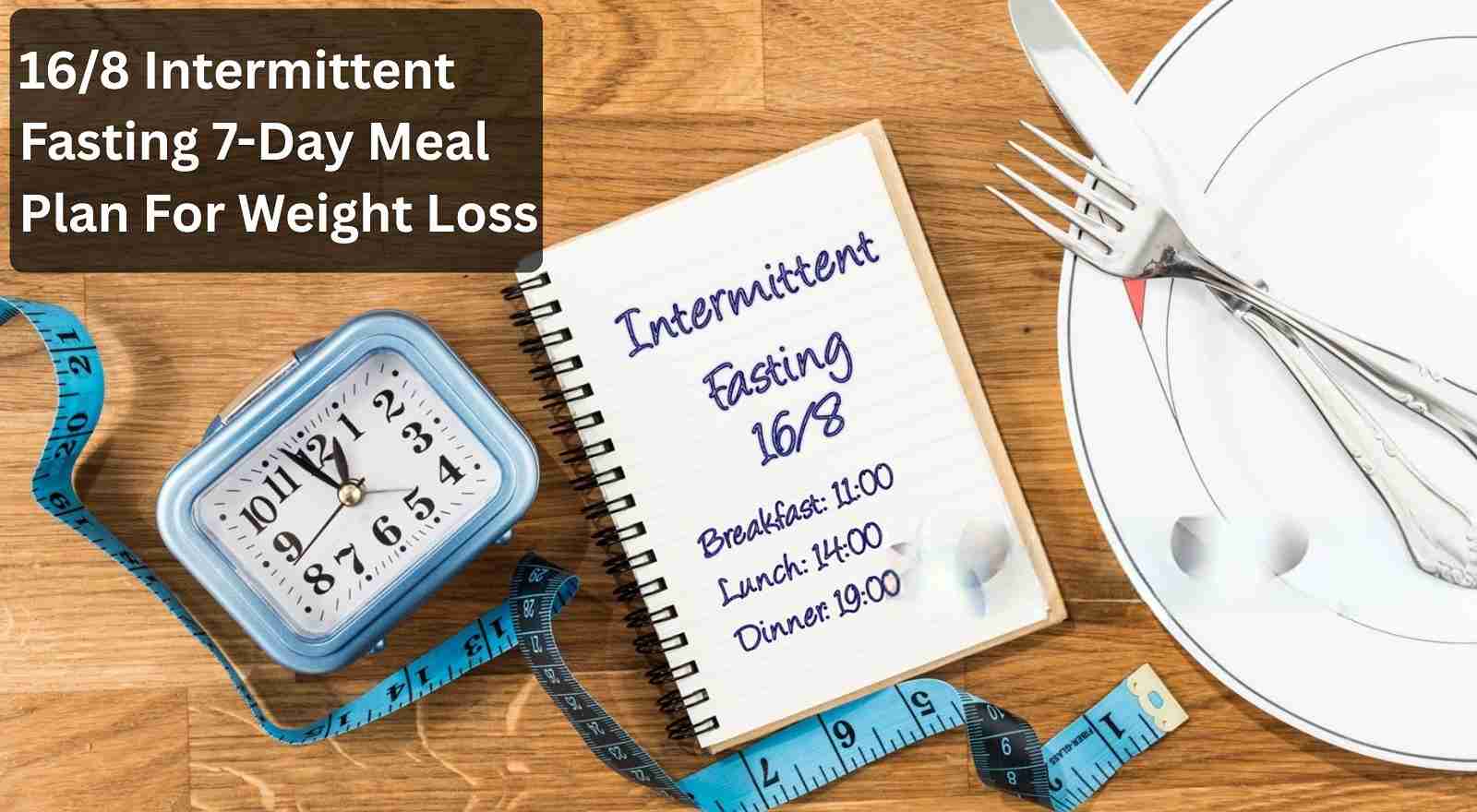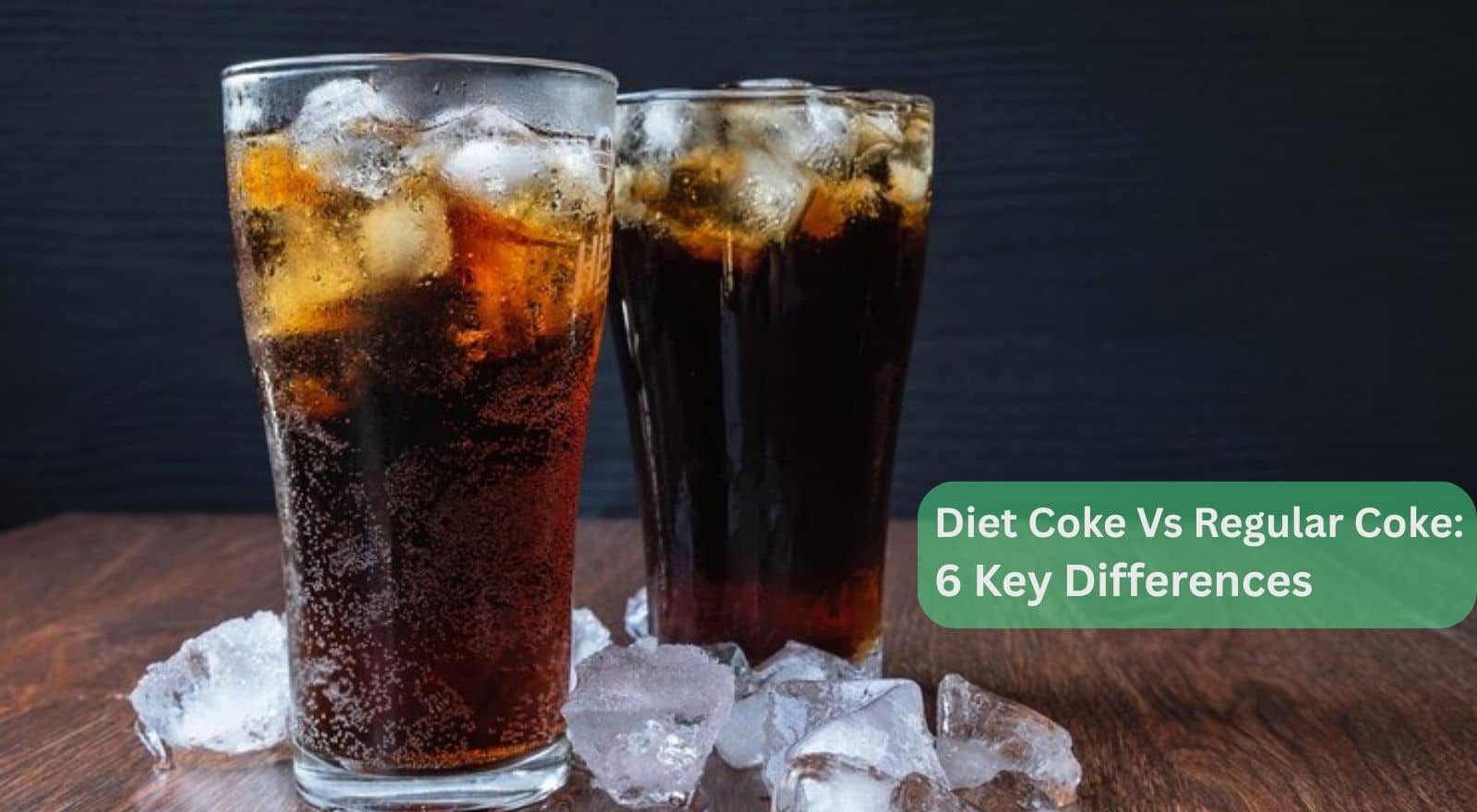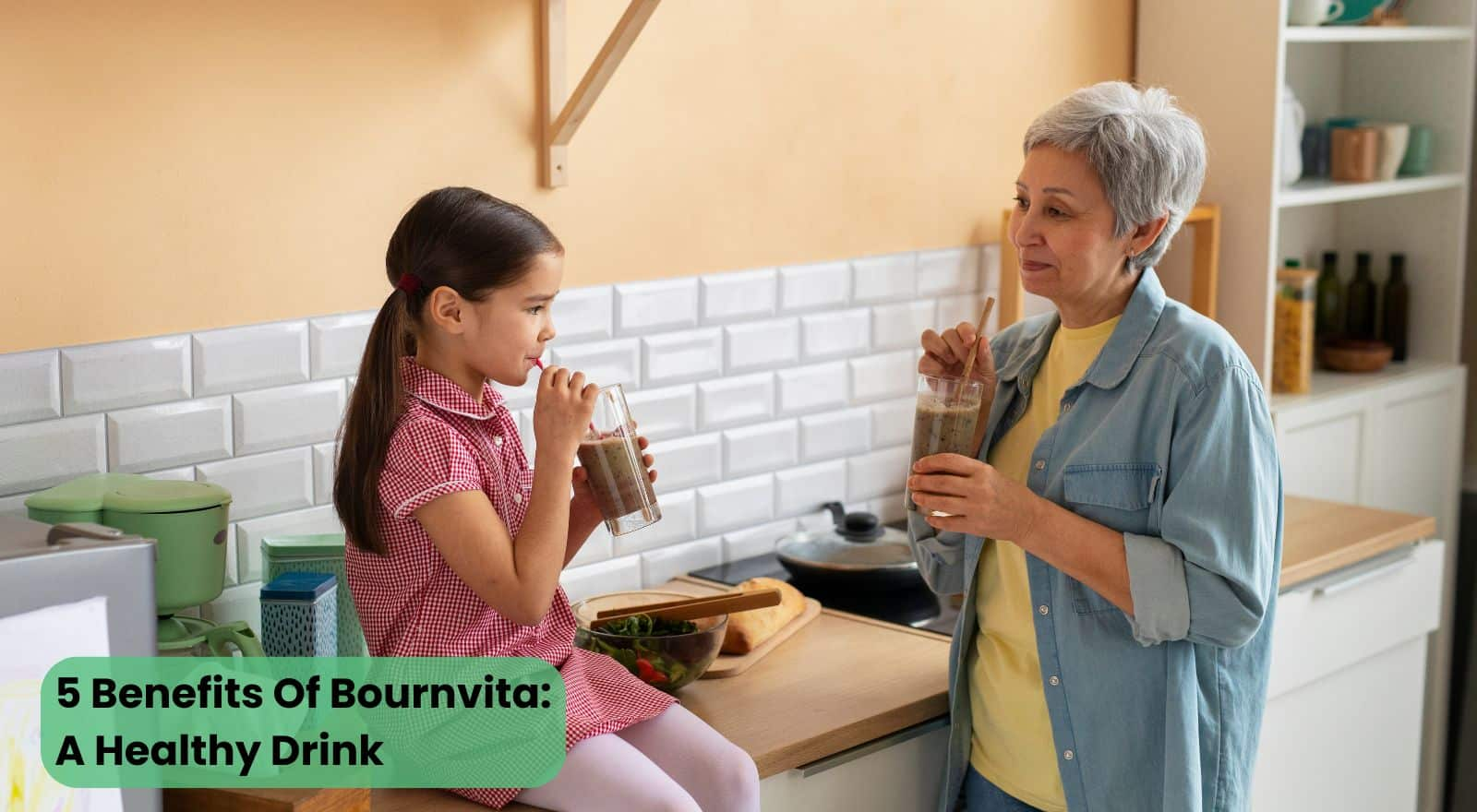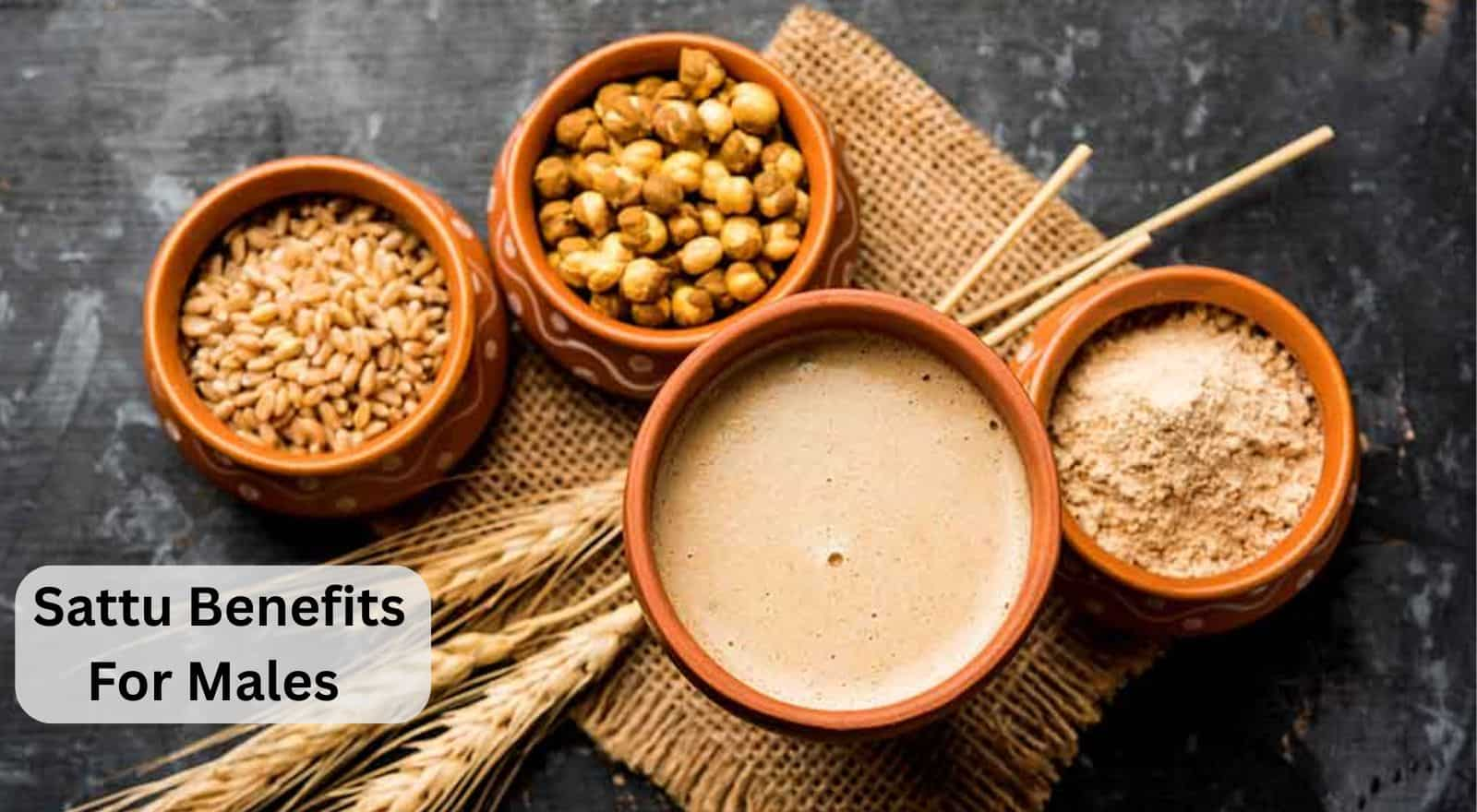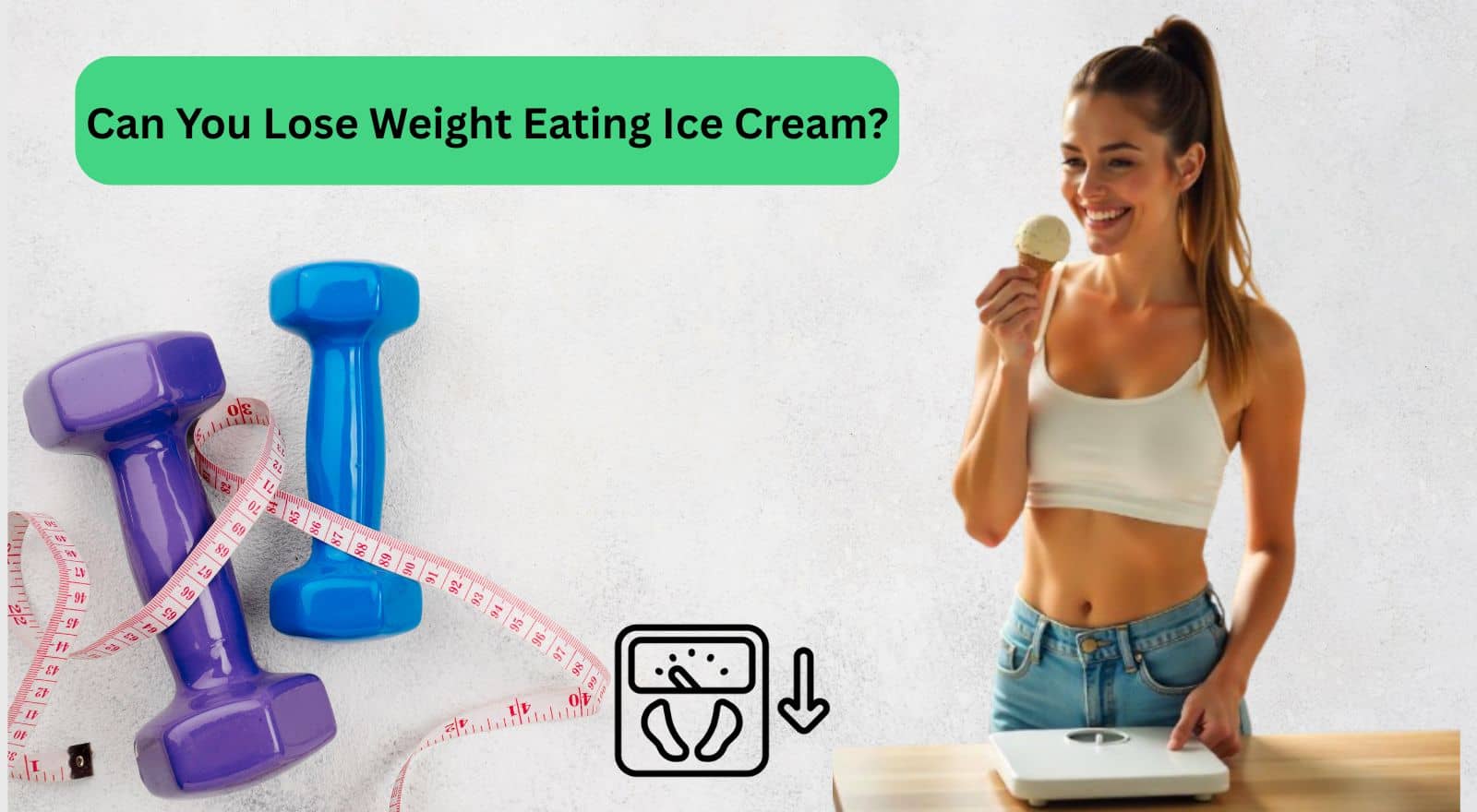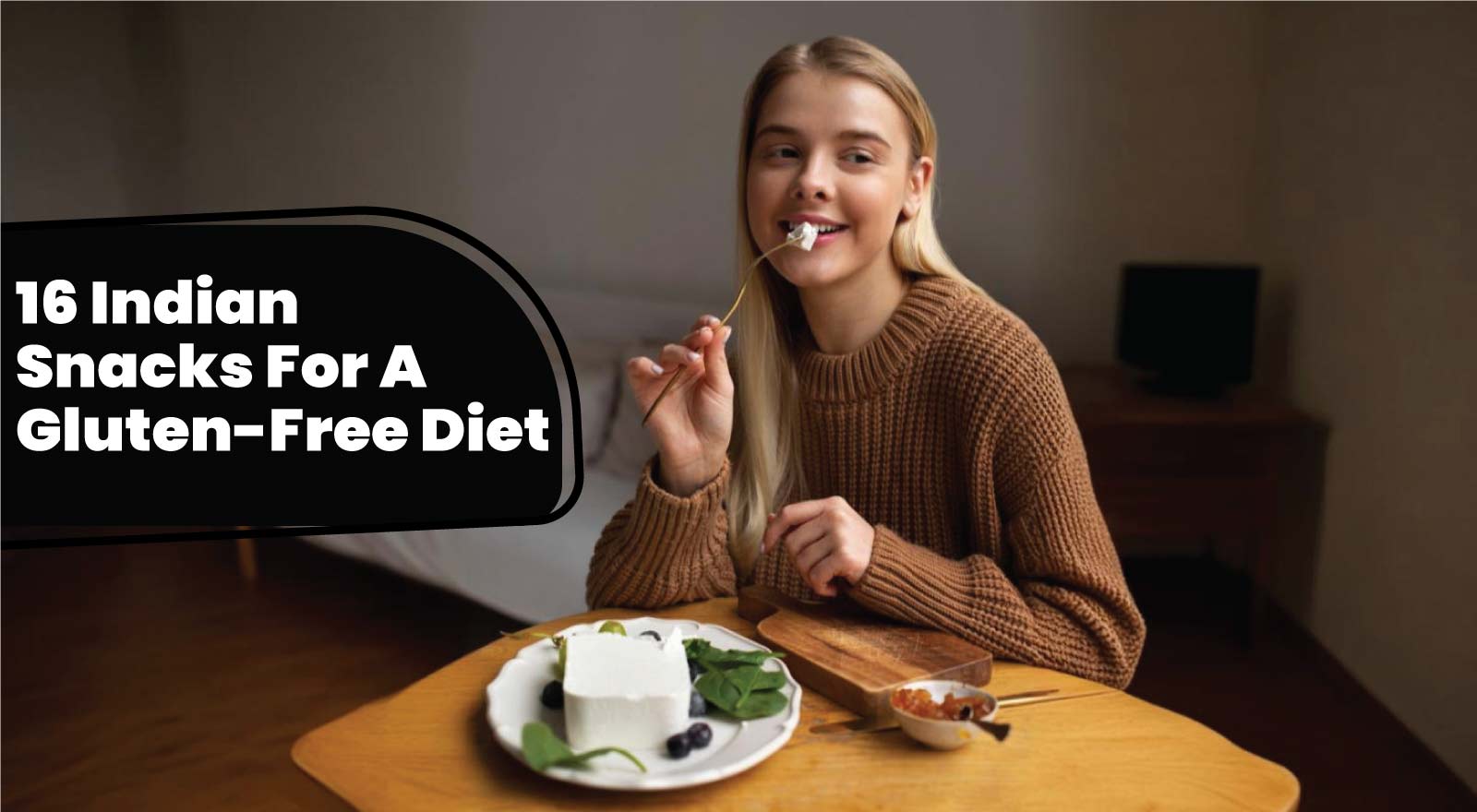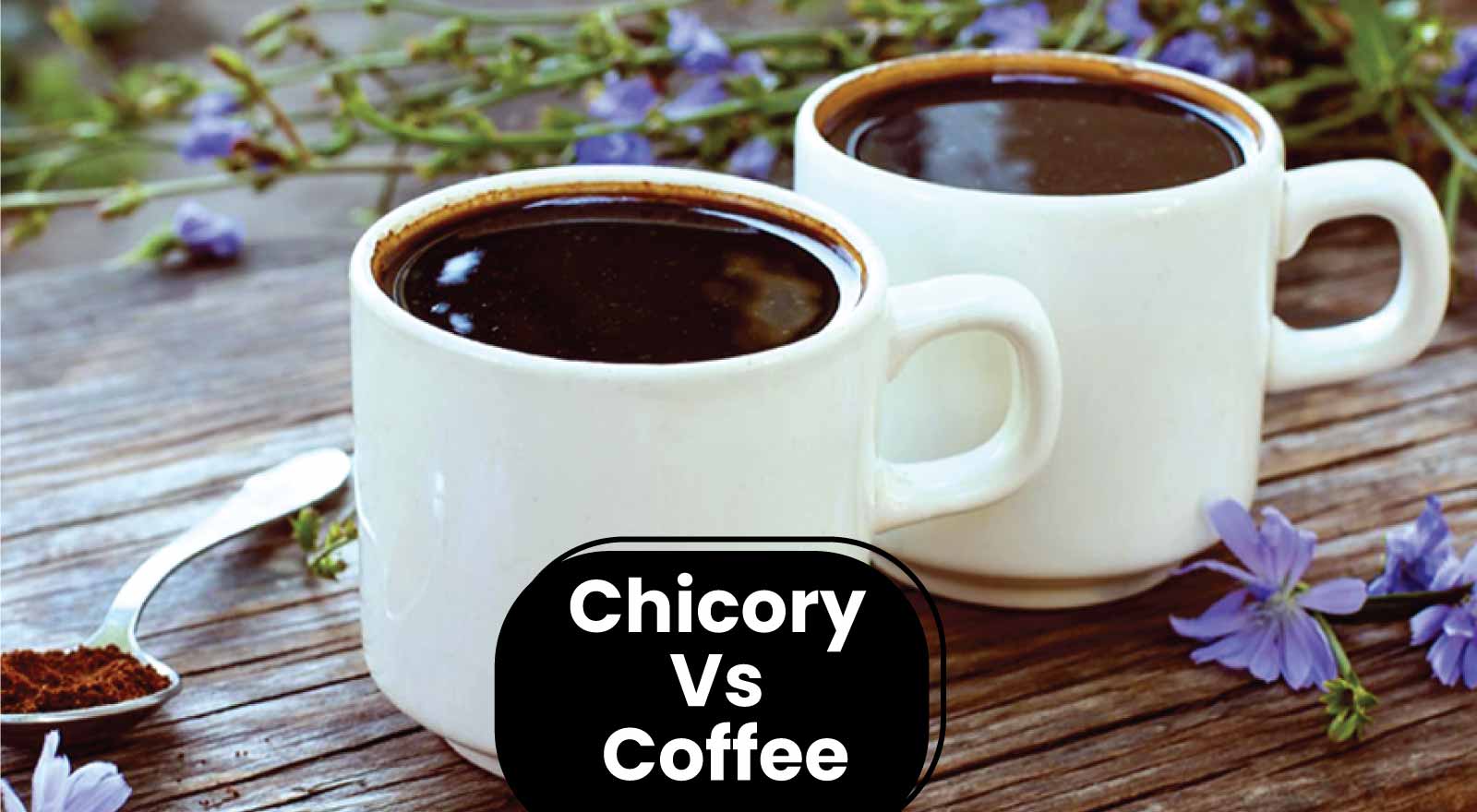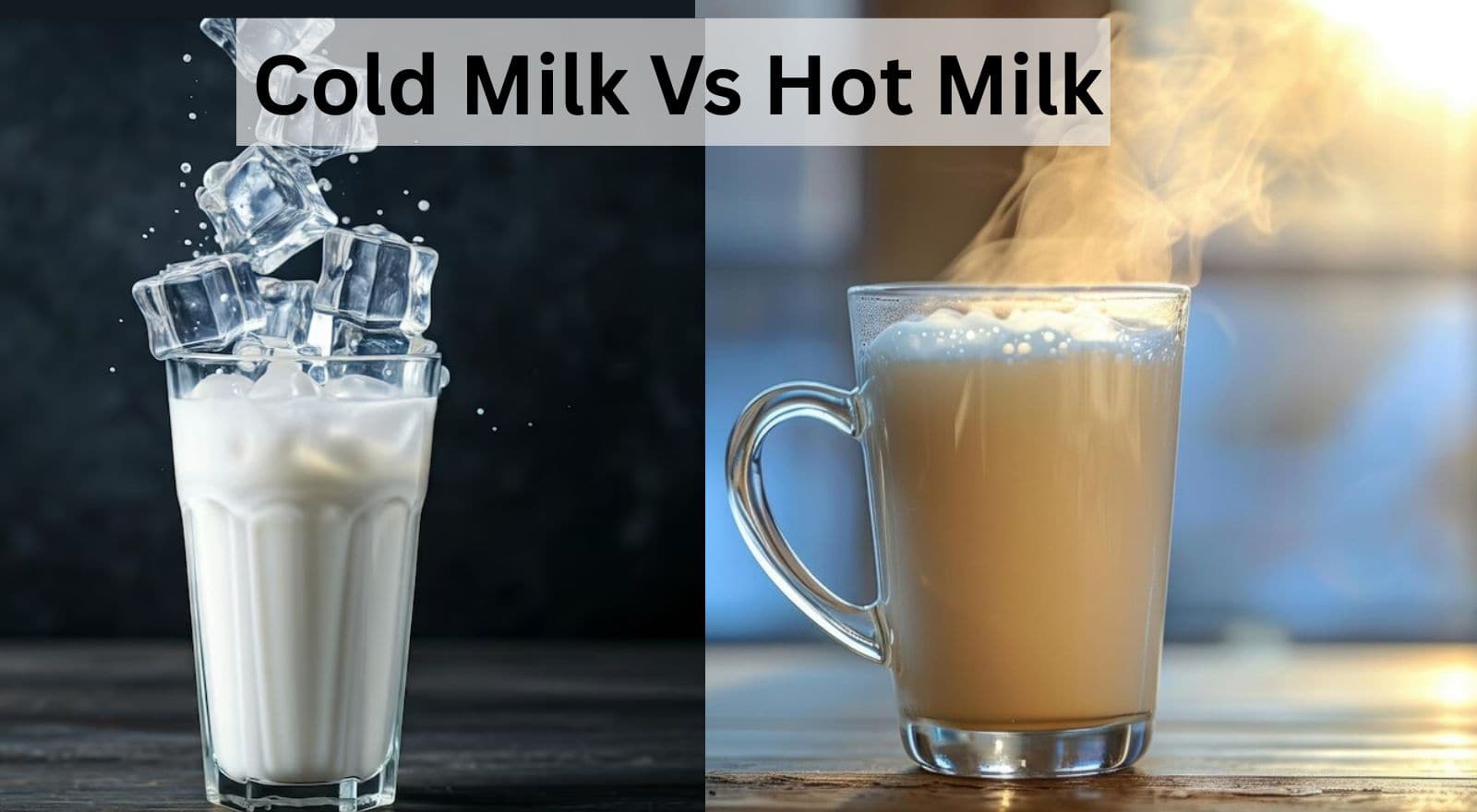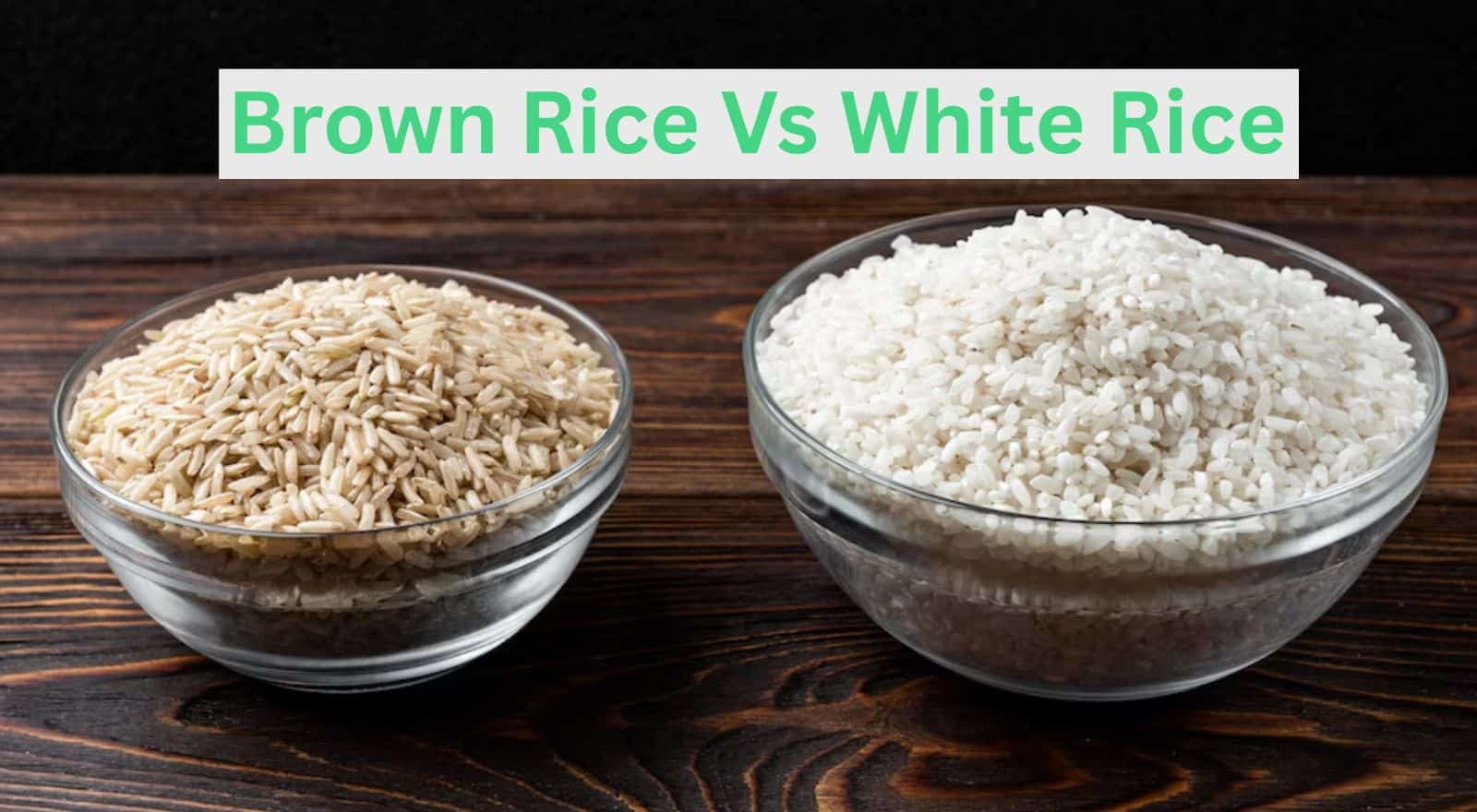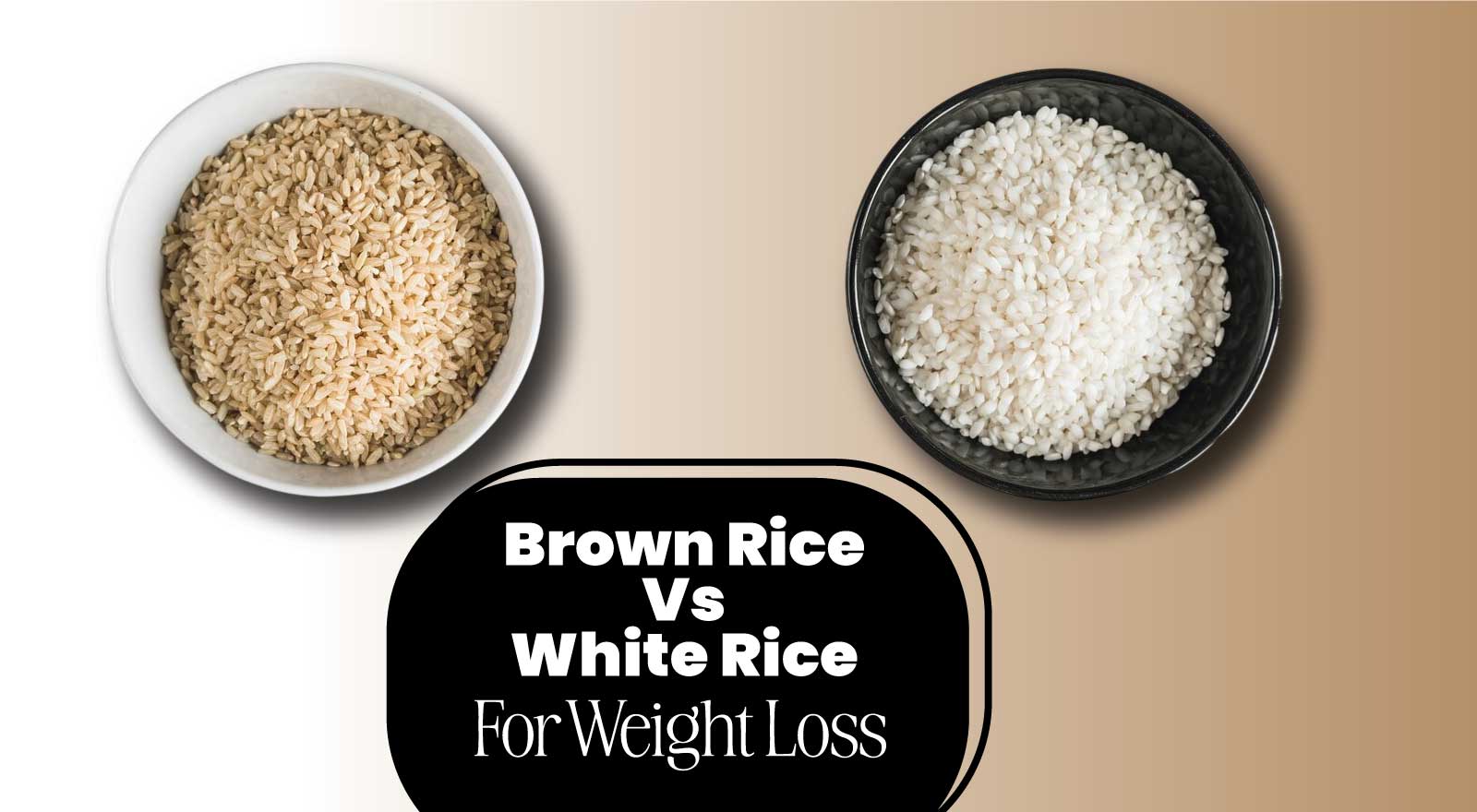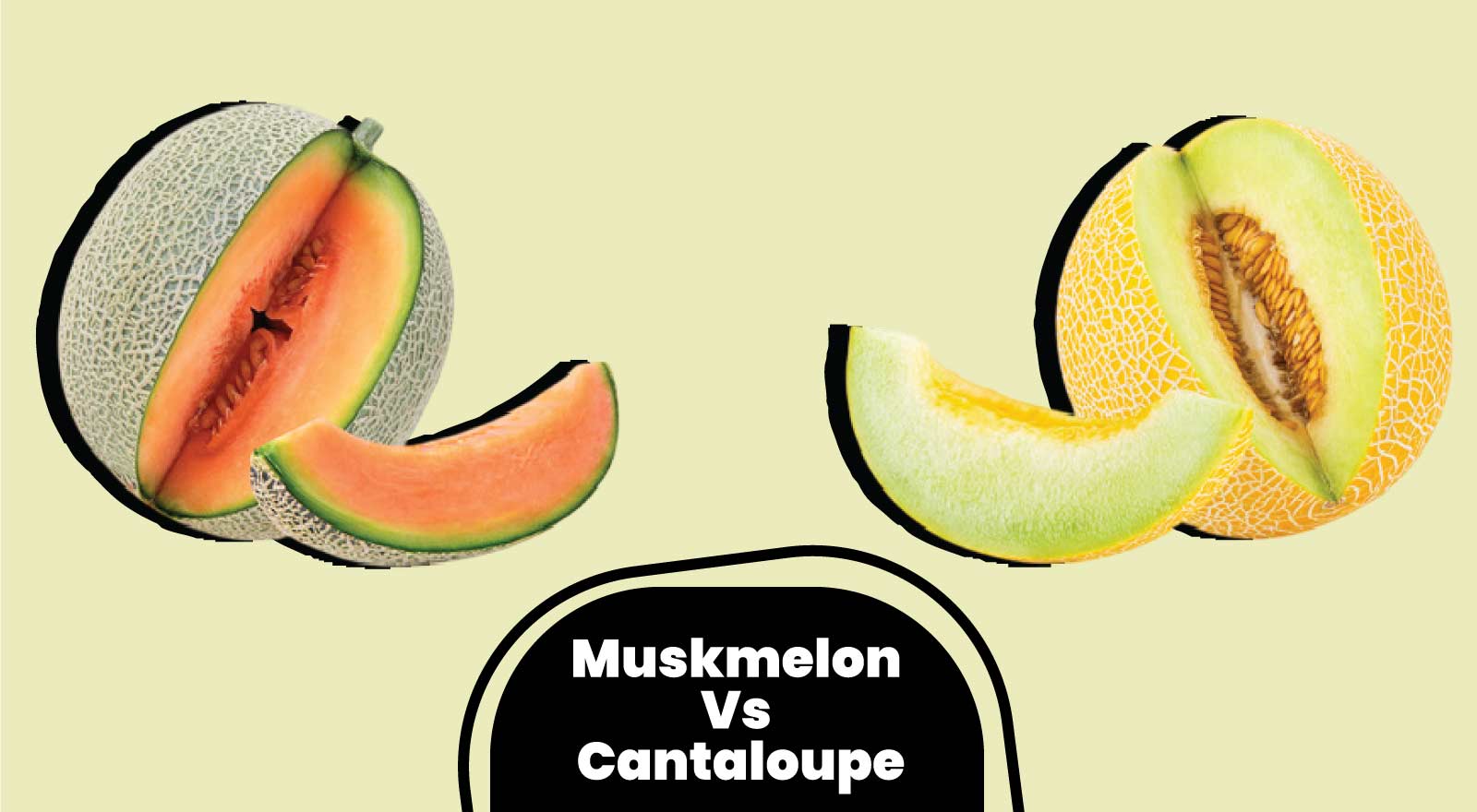For many new mothers, postpartum hair loss can be an unexpected and concerning experience, raising questions like, "Is hair loss after pregnancy normal?" and "Will my hair grow back?" The drastic hormonal changes after childbirth often cause a temporary but noticeable hair-shedding phase, causing distress as clumps of hair may appear in the shower or on a hairbrush. This period of hair loss, known as postpartum alopecia, is common and occurs between two to six months after delivery. While it can feel alarming, understanding the causes and learning about practical home remedies can help in healthier regrowth.
If you're one of those women, you might be thinking, how long will it last and what can I do to stop it? This blog discusses all about hair loss after pregnancy to explore the answers to these pressing questions and lists effective remedies for managing the condition healthily. So, keep reading!
Table Of Contents
1. Is There A Way To Stop Postpartum Hair Loss? Understanding Hair Loss After Pregnancy
2. 4 Causes Of Hair Loss After Pregnancy
3. Can Breastfeeding Cause Hair Loss?
4. 7 Hair Loss After Pregnancy Home Remedies
5. How To Stop Hair Loss After Pregnancy? 4 Nutrients To Consider
6. Hair Loss After Pregnancy Treatment
7. Expert’s Advice
8. The Final Say
9. FAQs
10. References
Is There A Way To Stop Postpartum Hair Loss? Understanding Hair Loss After Pregnancy
While postpartum hair loss can be alarming, it's a familiar and temporary condition. Unfortunately, there's no guaranteed way to stop it completely. However, there are strategies, like opting for a healthy diet for hormonal imbalance and promoting healthy hair growth.
During pregnancy, increased hormones make hair grow thicker and fuller. After childbirth, these hormones decrease, causing many hairs to shed at once. This temporary hair loss, called telogen effluvium, is the primary reason for postpartum hair loss.
Note this hair growth cycle after pregnancy for reference to opt for remedies accordingly:
- Growth Phase (Anagen): Hair actively grows for 2-6 years.
- Transition Phase (Catagen): The hair follicle shrinks for about two weeks.
- Resting Phase (Telogen): Hair rests for 3 months before shedding.
Also Read: Post-Pregnancy Hair Loss? Causes & Remedies
4 Causes Of Hair Loss After Pregnancy
Let’s discuss and understand these underlying causes of hair loss after pregnancy to manage and overcome this temporary condition:
1. Hormonal Shifts
During pregnancy, high estrogen levels prolong the hair growth phase, resulting in fuller, thicker hair. However, estrogen levels drop significantly after childbirth, causing a sudden shift in the hair cycle. This hormonal decrease triggers many hair follicles to enter the shedding phase simultaneously, causing noticeable hair loss.
Unlike normal hair shedding, where each hair strand follows its cycle, postpartum changes cause synchronised shedding, making hair loss appear more dramatic.
Try ToneOp Care's Skin & Hair Care Combo for 30 days to achieve lustrous hair and radiant skin. This detoxifying and nourishing combo includes a natural blend of ayurvedic ingredients, such as Neem Seed Oil, Spirulina Powder, Wheatgrass Powder, Black Seed Oil, Flax Seed Oil, and Krill Oil. By trying these supplements, you can expect to experience a significant reduction in hair fall, acne, and wrinkles, as well as a noticeable improvement in skin brightness, hair strength, and vitality.
2. Excessive Stress And Fatigue
The postpartum period brings a host of new responsibilities and adjustments, often leading to physical and emotional stress. Sleepless nights, constant caregiving, and the demands of new motherhood can trigger telogen effluvium, a condition that accelerates hair shedding.
Physical recovery from childbirth and the mental stress of adapting to motherhood may exacerbate hair loss, especially if the postpartum period is particularly challenging for a new mother.
Try ToneOp Fit's 1 Year Transformation Plan that provides a comprehensive approach to post-pregnancy hair regrowth and overall wellness. This holistic program focuses on both internal and external factors, combining a Sattvic diet with natural therapies and mind-body wellness techniques. The naturopath's customised plan includes Ayurveda and herbal remedies to aid hair regrowth. Also, stress-relief techniques and ancient yoga support your body's detoxification and weight-loss processes.
3. Nutritional Deficiencies
The body’s nutritional needs are heightened during pregnancy and breastfeeding, and deficiencies can easily occur if unmet. Iron deficiency anaemia is common after childbirth due to excessive blood loss during delivery and the increased demand for iron.
Also, low levels of other nutrients such as vitamin D, B vitamins, zinc, and omega-3 fatty acids can weaken hair follicles and disrupt healthy hair growth, contributing to postpartum hair loss.
Try ToneOp Care's Vitamin 360 Tablets during pregnancy for a comprehensive nutritional boost. These multivitamins, enriched with probiotics, offer a powerful combination to support your immune system, digestive health, heart function, and brain development. With 60 tablets in each pack, you can enjoy sustained benefits throughout your pregnancy, ensuring a healthy foundation for you and your baby.
4. Genetic Predisposition
Genetic factors significantly impact postpartum hair loss, with some women being more susceptible due to their hereditary makeup. A woman may be more likely to experience noticeable hair loss after childbirth if there is a family history of hair thinning or shedding.
While genetic predisposition varies widely, those with a family tendency may find postpartum hair shedding more prominent and prolonged.
Also Read: Best Exercises During Pregnancy Third Trimester
Can Breastfeeding Cause Hair Loss?
Yes, breastfeeding can cause hair loss, but it's not a direct cause. The real causes are the hormonal changes as discussed above, that occur during and after pregnancy. It's primarily caused by hormonal fluctuations, especially the drop in estrogen levels after delivery.
While breastfeeding itself doesn't directly cause hair loss, the hormonal changes associated with the delivery period can contribute to the shedding process. However, this hair loss is often temporary, and most women regain their average hair density within a year.
Also Read: Try These 10 Exercises For Hair Regrowth
7 Hair Loss After Pregnancy Home Remedies
Hair loss after pregnancy, a common concern for many new mothers, can often be managed with simple home remedies. Try these natural solutions, rich in essential nutrients and healing properties to nourish the scalp, strengthen hair follicles, and promote healthy hair growth:
1. Aloe Vera Gel Massage
Aloe vera is rich in enzymes and proteolytic properties that help heal and repair dead skin cells on the scalp. It nourishes the scalp, reduces dandruff, and promotes hair regrowth by enhancing blood circulation. Also, aloe vera contains vitamins A, C, and E, which aid in cell turnover, resulting in healthier hair growth.
How to use:
- Apply fresh Aloe Vera homemade gel directly to the scalp, gently massaging in circular motions.
- Leave it on for about 30 minutes to allow absorption, then rinse off with a mild shampoo.
- Repeat applying this process 2-3 times weekly for optimal results.
2. Coconut Oil Treatment
Coconut oil is abundant in all fatty acids, including essential lauric acid, which penetrates the hair shaft to strengthen and nourish the hair, minimising protein loss and improving hair texture. The oil also contains antioxidants and vitamins E and K, which help prevent hair damage and hydrate the scalp.
How to use:
- Warm 2-3 tablespoons of fresh coconut oil and massage it into the scalp using your clean fingertips to improve blood flow.
- Leave it overnight or for at least an hour, then wash with a gentle shampoo.
- Use weekly or biweekly to maintain a strong, healthy scalp.
3. Fenugreek Seed Mask
Fenugreek seeds are rich in iron, protein, and nicotinic acid, essential nutrients that combat hair thinning and improve scalp health. They contain lecithin, which adds moisture and shine to the hair, helping to overcome dryness and breakage.
How to use:
- Soak nearly two tablespoons of fresh fenugreek seeds in water overnight, then properly grind them into a paste.
- Apply this homemade paste to the scalp and let it sit for nearly 30 minutes, then rinse off with lukewarm water.
- Use this remedy once a week for thicker, fuller hair.
Also Read: 15 Types of Malnutrition Diseases & Low Protein-Energy Impact On Body!
4. Onion Juice
Fresh onion juice is a powerhouse of sulfur, which promotes collagen production and aids in the regeneration of hair follicles. This natural remedy strengthens hair and can reduce hair loss when used consistently. Its antibacterial compounds also prevent scalp infections.
How to use:
- Blend an onion to extract its juice and apply it to the scalp, focusing on areas with hair loss.
- Leave it on for 15-20 minutes before rinsing with a mild shampoo to remove the odour.
- Using this treatment once a week can lead to visible improvements in hair thickness.
5. Egg Yolk And Olive Oil Mask
Eggs provide a high protein concentration, biotin, and essential amino acids that stimulate hair growth, while olive oil deeply moisturises and conditions the hair. This combination not only helps hair grow stronger but also enhances shine and softness.
How to use:
- Mix one fresh egg yolk with two tablespoons of olive oil until smooth.
- Apply the mixture to the scalp plus hair, covering from roots to ends.
- Let it sit for 20 minutes, then rinse with cool water and a mild shampoo.
- Repeat weekly for nourished, resilient hair.
6. Green Tea Rinse
Green tea contains antioxidants, including catechins, that reduce hair fall and stimulate hair follicles. Its anti-inflammatory effects soothe the scalp and support healthy hair growth by preventing follicle damage.
How to use:
- Brew a strong green tea, allow it to cool, and use this mix as a final rinse after shampooing.
- Pour the tea over the scalp and hair, letting it sit for nearly 5-10 minutes before rinsing with cool water.
- Perform this twice a week to reduce hair loss and encourage growth.
7. Amla (Indian Gooseberry) Oil Or Paste
Amla is a natural vitamin C and antioxidants source, which help strengthen hair follicles, prevent premature greying, and reduce hair thinning. The high concentration of phytonutrients promotes healthy hair growth and improves hair quality.
How to use:
- Mix fresh Amla powder with water to form a paste, or use Amla oil for convenience.
- Massage into the scalp and leave it on for nearly 20-30 minutes before rinsing off with a mild shampoo.
- Apply weekly for more resilient hair growth.
Also Read: 7 Benefits Of Intermittent Fasting For PCOS With Challenges To Overcome!
How To Stop Hair Loss After Pregnancy? 4 Nutrients To Consider
Consider including these nutrient-dense sources in your daily meals to promote healthy hair growth and prevent excessive hair loss after pregnancy:
Nutrient | Rich Food Sources | Benefits |
Iron | Red meat, spinach, legumes, fortified cereals, lentils | Iron deficiency causes excessive hair loss. Iron helps transfer oxygen to hair follicles, promoting growth. |
Vitamin D | Fatty fish (salmon, tuna), fortified dairy products, egg yolks, sunlight exposure | Vitamin D helps regulate hair growth cycles and improves scalp health. It also strengthens hair follicles. |
B Vitamins (including Biotin) | Eggs, whole grains, nuts, seeds, leafy green vegetables, poultry | B vitamins, especially biotin, help in keratin production, an essential protein in hair. They also help metabolise nutrients essential for hair growth. |
Omega-3 Fatty Acids | Fatty fish (salmon, mackerel), flaxseeds, chia seeds, walnuts | Omega-3 acids reduce inflammation and improve scalp health. They also help strengthen follicles, giving thicker hair. |
Also Read: 4 Effective And Safest Pelvic Floor Exercises For Pregnancy
Hair Loss After Pregnancy Treatment
Post-pregnancy hair loss can be a temporary but distressing experience. However, try these effective treatment options to help you effectively address post-pregnancy hair loss and regain your luscious locks:
1. Scientific Topical Treatments
These treatments offer a convenient way to address hair loss. Products containing caffeine, biotin, and keratin can stimulate hair growth and strengthen hair follicles. Minoxidil can be considered for more targeted solutions. However, it's essential to consult a doctor, especially if you are breastfeeding, to ensure its safety and effectiveness.
2. Nourishing Your Hair, Naturally
Natural remedies can also significantly benefit hair health. Leave-in conditioners and oils enriched with essential oils like rosemary and peppermint or carrier oils like argan and coconut can deeply nourish hair and scalp. These oils help enhance blood circulation, reduce inflammation, and promote hair growth.
3. Gentle Hair Care For Optimal Results
Protecting your hair during sleep is crucial. Silk pillowcases and hair wraps can minimise friction and breakage, preserving your hair's integrity. By reducing damage, you can help your hair grow stronger and healthier.
Expert’s Advice
I strongly recommend avoiding excessive heat styling as it can weaken and damage your hair, making it more susceptible to breakage. Regular trims always keep your hair healthy and prevent split ends. Avoid tight hairstyles like ponytails or buns to reduce stress on your hair follicles. Consider using sulfate-free hair products, which are gentler on your scalp and hair.
Health Expert
Akshata Gandevikar
The Final Say
Ultimately, while postpartum hair loss can be alarming, it's important to remember that it's temporary. Addressing the underlying causes and practising gentle hair care, most women regain their pre-pregnancy hair density within a year. Consider having a diet rich in protein, iron, and vitamins and gentle hair care practices like avoiding harsh chemicals and heat styling.
All in all, self-care should be prioritised during this transitional period to stop hair loss after pregnancy. If your hair loss persists or causes significant distress, consulting a specialist can help determine the appropriate solutions.
FAQs
1. Does every woman lose hair after pregnancy?
Not all women experience hair loss following childbirth. However, it's quite common for around 40% to 50% of women to notice increased hair shedding due to hormonal fluctuations after pregnancy. While some women may only experience mild hair loss, others may notice significant shedding. Typically, hair regrows naturally within a year as hormone levels stabilise.
2. Is postpartum hair loss preventable?
Not completely! Postpartum hair loss is primarily caused by hormonal changes and, therefore, cannot be entirely avoided. However, you can help manage its effects by maintaining a healthy diet, practising gentle hair care, and reducing stress. These factors contribute to healthy hair health and minimise breakage.
3. When does postpartum hair loss start?
Hair loss begins 2 to 4 months after giving birth. This is when hair follicles enter the shedding phase due to the hormone decline. The peak shedding period is usually around 3 to 4 months postpartum.
4. How long does postpartum hair loss last?
Postpartum hair loss is generally temporary and lasts 6 to 12 months. In most cases, hair regrowth begins within a year. If hair loss continues beyond this period, it's advisable to consult a gynaecologist.
References
- https://my.clevelandclinic.org/health/diseases/23297-postpartum-hair-loss
- https://babyblues.care/blogs/news/the-biggest-myths-about-postpartum-hair-loss?srsltid=AfmBOorIOrtOQ9GbPq3yi8BEIWT7mZU7jCN2pFhaq4XDMc4ISkQ90Tal
- https://elitepostpartumdoulas.com/understanding-postpartum-hair-loss/
- https://www.organicgyaan.com/blogs/health-nutrition/best-home-remedies-for-hair-growth-top-9-natural-tips
About ToneOp Fit
ToneOp Fit is a platform dedicated to improving and maintaining good health through a comprehensive range of goal-oriented health plans with up to 3 Coach support. With a range of Weight Management, Medical Condition, Detox Plans, and Face Yoga Plans, the app also provides premium health trackers, recipes and health content. Get customised diet, fitness, naturopathy & yoga plans and transform yourself with ToneOp.











